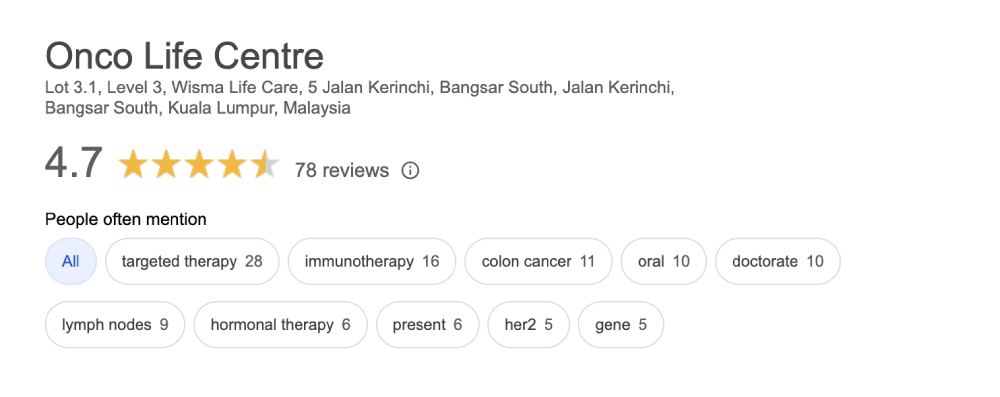

Several types of cancer grow in the tongue, but squamous cell carcinoma is the most common. Squamous cells are thin, flat cells that line the mouth and other organs.
Cancer of the oral tongue occurs in the front two-thirds of the tongue. Cancer of the base of the tongue is the back one-third of the tongue that extends down the throat.




If any tumors, growths, or suspicious lesions, the specialist will perform a brush biopsy or a tissue biopsy. A brush biopsy is a painless test that collects cells from the tumor by brushing them onto a slide. A tissue biopsy involves removing a piece of the tissue so it can be examined under a microscope for cancerous cells.
There are 4 main T stages of HPV positive oropharyngeal cancer. These are T1 to T4.
T1 means that the cancer tumour size is less than 2cm.
T2 means that the cancer tumour is larger than 2cm, but smaller than 4cm.
T3 means one of the following:
T4 means that the cancer cells have spread into nearby areas, such as the voice box (larynx), the jawbone (mandible), or muscles connecting the tongue to the jawbone (extrinsic muscles).
Treatment recommendations by our cancer specialists at Onco Life Centre are tailored and personalized and depends on tumor stage, tumor genomics, pre-existing medical conditions, your overall health and nutritional status.
Targeted therapy and immunotherapy is the foundation of precision medicine. Our Oncologists at Onco Life Centre work in close collaboration with Cancer Genomics Experts in the US to perform cancer gene mapping and DNA sequencing on our patients’ cancer tissue. Regular teleconferencing and live exchange of information with the US Genomics Experts allows our Oncologists to specifically design unique treatment plans for our patients. By targeting specific genes and proteins that are involved in driving cancer survival and progression, our patients at Onco Life Centre are experiencing significant and sustained improvements in their cancer responses and living longer.
At Onco Life Centre, we have made it our mission to improve the everyday lives of our patients. Our Oncologists and Pharmacists will seek to identify Compassionate Drug Access Programs that allows pre-approved new drugs outside clinical trials (and prior to product launch) for our patients who do not have satisfactory therapy options available.
Click to find out more about targeted therapy and immunotherapy
Targeted therapy targets the cancer’s specific genes, proteins, or the tissue environment that contributes to cancer growth and survival. To find the most effective treatment, our oncologist may run tests to identify the genes, proteins, and other factors in your tumor. Read More ...
Immunotherapy is designed to boost your body's natural defenses to fight the cancer. The PD-1 pathway is critical in the immune system’s ability to control cancer growth. PD-1 and PD-L1 antibodies block this pathway and can stop the growth of tongue cancer. Read More ...
Chemotherapy is prescribed for different reasons:
Radiation therapy, including intensity modulated radiation therapy, stops cancer cells from dividing and slows the growth of the tumor. Radiotherapy also destroys cancer cells and can eliminate tumors. Intensity modulated radiation therapy allows the use of more effective radiation doses with fewer side effects than conventional radiotherapy techniques.
Surgical removal of the primary tumor might be the only treatment needed for small oral tongue cancers. If the tumor is large and has spread to neck nodes, the surgeon may recommend removal of these affected nodes. Read More ...
The base of the tongue cancer is often diagnosed later with spread to the neck nodes. The affected neck nodes frequently need to be removed. The only early symptom is ear pain. Voice change and difficult swallowing occur later.
The cancer is more common in older age groups, age 40 and up. It is twice as common in men. Risk factors of tongue cancer are:
Patients and their families have opportunities to talk about the way they are feeling with our oncologists, nurses, counselors, or join our psychosocial program and support group at Onco Life Centre.

